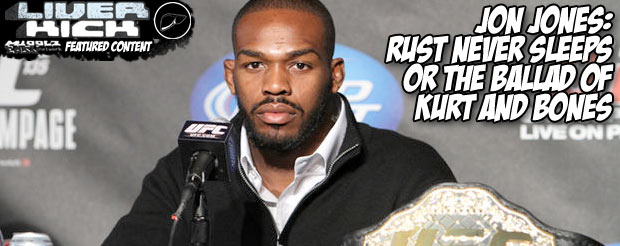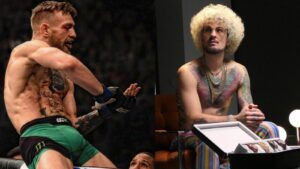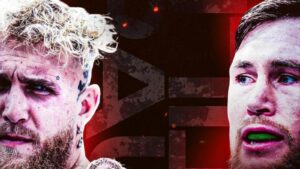[div class=”notice” class2=”icon”]The following is from an article on LiverKick.com, part of the MiddleEasy Network.[/div]
It’s better to burn out than to fade away.”
Those words were etched into the college ruled, spiral bound notebooks of enough troubled teens in the mid-90’s to probably fill up an entire landfill. The line is from Neil Young’s “My My, Hey Hey,” where Young takes a look at the self destructive rocker and legend that was Johnny Rotten. For kids in the 90’s there would be no connection to Neil Young’s song, instead it was the troubled last line of Kurt Cobain’s suicide letter, where one of rock n’ roll’s last true heroes gave up his struggle and admitted he lost his passion for music and his fans long ago.
Great talents can come at a cost, and many will ask of what could of been if former room mate and sonic collaborator Dylan Carlson of the band Earth had never given Cobain a shotgun and had never introduced Cobain to drug culture in general. Kurt Cobain had a natural talent for composition when it came to music, but never had the patience to go down the road of mastery of the craft. That was the other big “what if” surrounding Cobain; “what if” he put in the time and the effort to really nail down the technical aspects of playing the drums, piano or guitar, how would that of affected his song writing and accentuated his natural almost freakish ability to write appealing music?
Cobain also suffered from disenchantment of his upbringing and personal life, often times creating his own unique narrative to explain events in his life to better suit the “Kurt” that he presented to the public. According to Kurt his first concert was a Melvins show, the Melvins being one of the most influential and unrelentingly independent bands of their era, when the truth was his first concert was a Sammy Hagar concert. Cobain’s life story is filled with small details like this, including claims of being homeless and living under a bridge of the Wishkah River after an argument with his mother and pretending that he was a homosexual in school to be left alone. It was all to build up the mythos behind the troubled rocker, as it was more troubled and uncommon than a boy that never recovered from his parent’s divorce.
So Cobain is often reflected upon for what he was; an incredible, undeniable talent who never lived up to his full potential and alienated and upset many people along the way through his erratic behavior and penchant for lying to create more interest in the public personality he had cultivated for himself. Cobain was living in a bubble of a world, where his natural talents quickly took him to the top of his game but he found himself unable to sustain it before burning himself out and ultimately deciding to end his life to secure his legacy and possibly make sense of the mess that was his life and career.
UFC Light Heavyweight Champion Jon Jones finds himself in an eerily similar situation, as his freakish talents as a fighter and an athlete are unparalleled. He was able to quickly move up to becoming the champion on his weight class at a very young age, as well as had big money sponsorship offers rolling in to help support his career as a fighter and made him a huge star. When I watch Jon Jones, I marvel at his natural talents, his instincts and his ability to understand his surroundings, but at the same time I begin to see the hang ups that affected Cobain.









